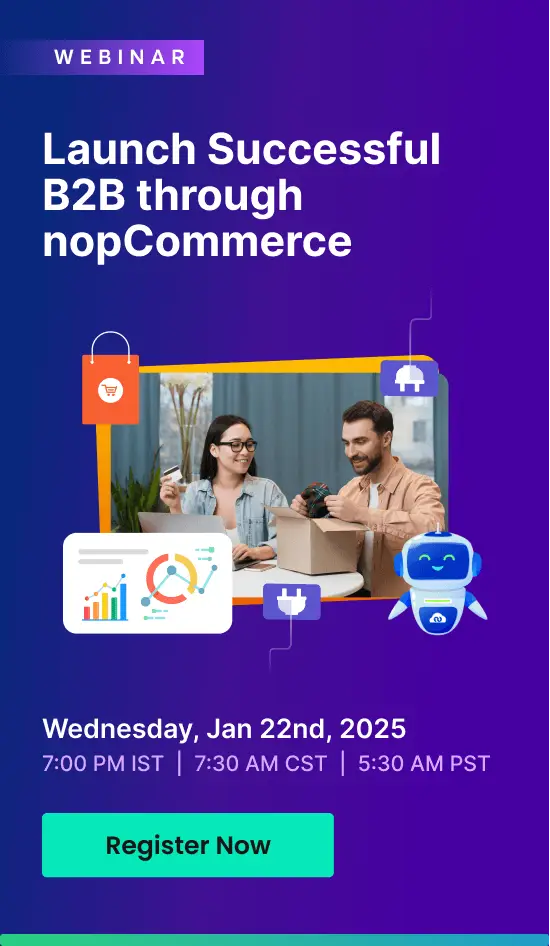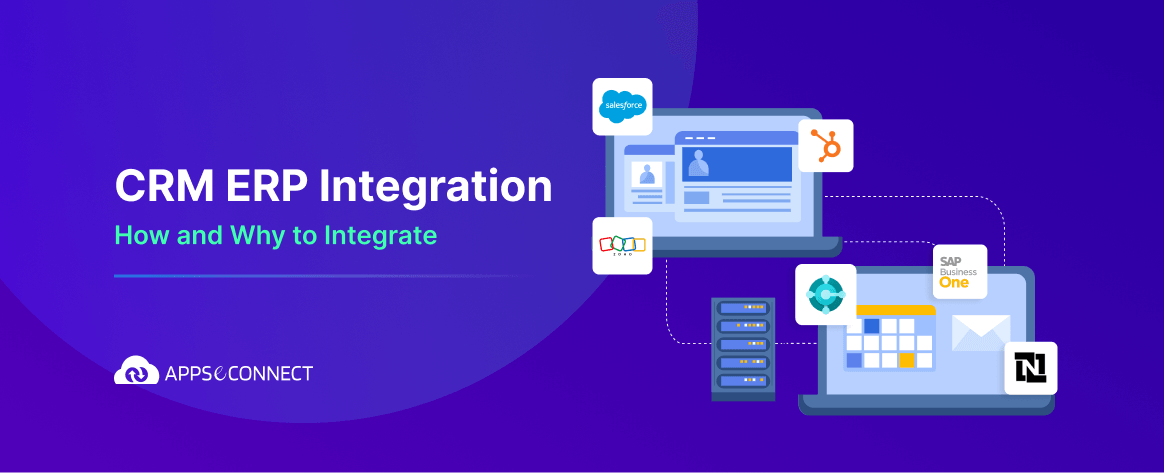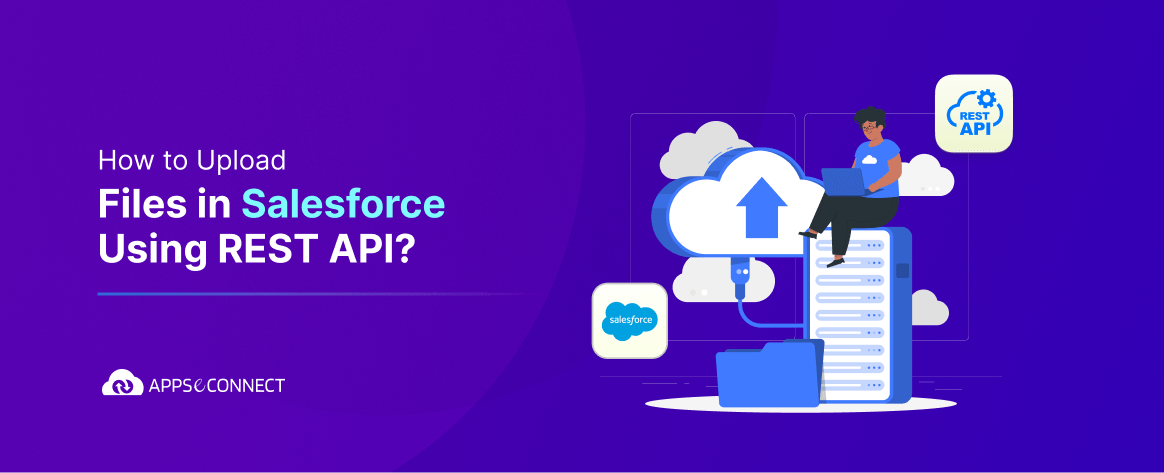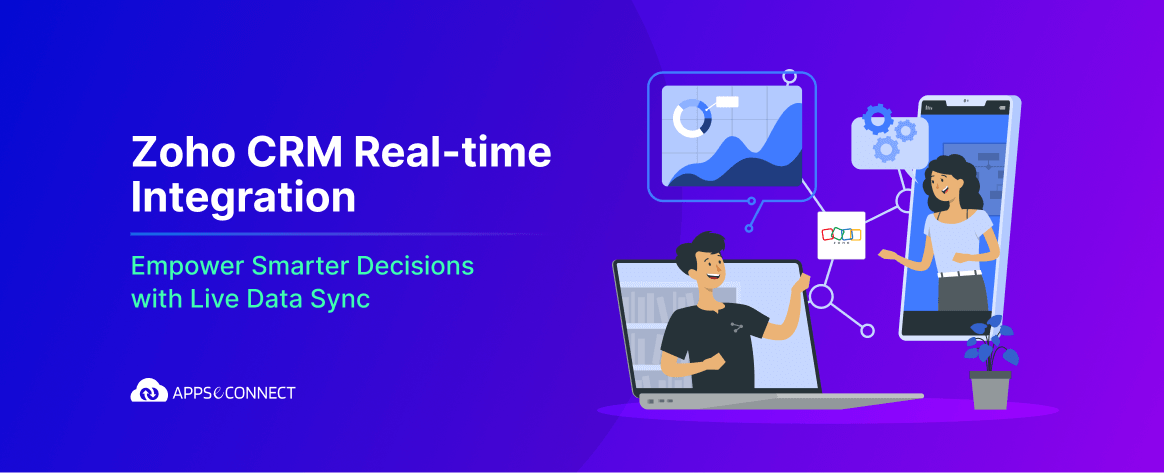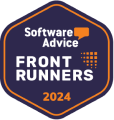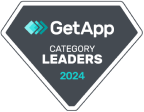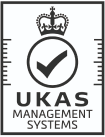While AI tools like ChatGPT and Midjourney have brought the power of Artificial Intelligence (AI) to the masses, the industry has just scratched the surface when it comes to utilizing it for business applications. While Machine Learning and other branches of AI have seen some usage in the B2C field, the industry is still a long way away from the widespread implementation of these emerging tools in the B2B sector. New arising automation trends in manufacturing and other B2B businesses are shaping the future of the industry, but the introduction of intelligence into the system is lacking. However, some business application and software development firms are slowly getting on board with implementing AI for shaping the next generation of the industry, out of which Salesforce is one such pioneer. With the built-in Salesforce Einstein AI, enterprises can unlock deeper insights into their Ideal Customer Profiles at an individual, personalized level and achieve new heights of sales success with Salesforce.
If you are a Salesforce user and have multiple systems running your business, connect them seamlessly with Salesforce CRM under one roof with the best-in-class integration platform.
What is Salesforce Einstein AI
Salesforce Einstein is a generative AI program designed to boost sales success with Salesforce. The AI tool powers the entire Salesforce Customer 360 suite by offering a range of additional functionalities for marketing, sales, commerce, service, and IT departments. Through the implementation of Einstein AI in the different workflows associated with customer relationship management, enterprises can gain greater personalized insights into their target customer and deliver more efficient marketing campaigns. The AI tool can deliver personalized customer experiences by leveraging data analytics to generate customized emails and conversations to drive greater sales success with Salesforce. Additionally, the AI tool can also boost productivity with insights across sales, service, and marketing by collating data from multiple sources and highlighting the more subtle but significant business trends that might get overlooked due to human error. Salesforce Einstein AI is paving the way for the future of customer service and fully leveraging this new tool will bring a significant competitive advantage to any enterprise that uses it.
Achieving Sales Success with Salesforce Einstein AI
Salesforce Einstein AI offers a range of powerful features that can help enterprises achieve greater sales success with Salesforce. Properly leveraging these features, businesses can improve their sales processes, personalize their approach, and make data-driven decisions to drive growth and revenue. The AI toolset can be utilized in the following ways to increase sales.
Predictive Data Analysis for Lead Prioritization
Manually sorting, analyzing, and prioritizing leadings is not only timing consuming but also prone to erroneous analysis. The lack of data-driven lead prioritization often leads to the sales team prioritizing the wrong customer and ending up losing more opportunities than they are gaining. The AI tools can offer predictive analysis to allow enterprises to focus on leads that are more likely to convert into customers.
Predictive analysis can examine past behavioral data, demographics, and other factors to sort the different leads and highlight the ones that are most likely to convert. The AI tool can additionally optimize and streamline lead prioritization by assigning a score or ranking to each lead based on their likelihood to convert. With these insights, enterprises can make data-driven efforts and marketing strategies for the leads with the highest potential for conversion and increase the probability of achieving greater sales success with Salesforce.
Personalized Content to Improve Customer Engagement
In today’s market, every customer, especially in the B2B sector, expects to receive a personalized experience that caters to their specific needs. A generalized marketing approach might work for the B2C sector, but customized communication and marketing at a personal level are needed to effectively convert a potential lead into a customer.
Salesforce Einstein AI can leverage its Machine Learning functionalities to automatically crack deeper customer insights and make personalized recommendations based on interests, past purchases, and browsing history. Additionally, the AI can analyze customer interactions with a business, such as through chatbots and emails, to understand their intent and sentiment. With a deeper insight into the lead’s intent and relationship with the business, AI can optimize content by recommending distinct content pieces that are more personalized and engaging to the potential customer.
Identification of Priority Communications
Negotiating sales for B2B enterprises is a multi-level process involving several two-way communications between the vendor and customer company. Thus, sales reps must manage the volume of communication, such as emails, phone calls, website forms, and text messages, making it difficult to prioritize and respond to important ones. Communication coming in from multiple channels makes it a significant challenge to keep track of them. The inability to systematically manage and prioritize important communications can often lead to lost sales success opportunities.
The AI-powered communication tools offered by Salesforce Einstein can identify and prioritize the most important communications at an incredibly detailed level. The tool can then help sales reps prioritize and organize their emails and other communications, making it easier for them to identify and respond to the most important messages in a timely manner. The AI can analyze important keywords relevant to the sales rep from emails and organize them accordingly to the set priority. Additionally, implementing an integration of the ERP with a business communication platform such as integrating Salesforce with Microsoft Teams can further improve business potential by automating data updates and communication and improve the probability of sales success with Salesforce.
Accurate Forecasting of Sales Success with Salesforce
Sales forecasting is an essential part of enterprises for business management and long-term strategic planning. The process involves estimating the future sales revenue of a company over a specific period. Sales forecasting allows enterprises to predict future demand for their products or services, plan out scalable growth, and adjust their resources accordingly. By forecasting sales, companies can identify potential issues and opportunities and plan accordingly.
The Salesforce AI can help sales teams improve their forecasting accuracy and achieve greater sales success. The Einstein AI can deliver accurate forecasting for sales success with Salesforce by analyzing historical data on successfully closed deals, such as the deal size, win probability, and length of the sales cycle, to predict the likelihood of future deals closing successfully. Through data-driven forecasting of the sales success probability for a lead, sales teams can set realistic goals, make informed decisions, and accurately identify potential gaps in their sales pipeline.
Deep Dive Analysis of Overlooked Trends
Staying on top of changing market trends is essential for modern enterprises to stay competitive. However, manual data analysis and identification of market trends are often prone to inaccuracies due to human errors. Human error during identifying market trends can occur due to multiple factors such as cognitive biases, limited data analysis capabilities, and lack of experience in analyzing market trends. Furthermore, the more subtle trends that can have significant future market impacts can get overlooked due to the limited human capacity to manually analyze the vast volumes of data needed to identify those trends.
The Salesforce AI can conduct deep dive analysis of vast volumes of data from multiple points to perform deep-dive analysis of overlooked trends across the industry. The AI algorithms can process vast amounts of data from various sources, including structured and unstructured data, to identify patterns and trends that might be overlooked during manual analysis. Through these deeper analytics enterprises can identify hidden patterns and correlations in data that may not be apparent to human analysts. The new insights and discoveries then can be used to make informed data-driven business decisions and strategies to achieve greater sales success with Salesforce.
Actionable Insights into Accounts and Opportunities
Finally, the Salesforce Einstein AI can offer greater actionable insights into accounts and opportunities by analyzing multiple data sources for an account and identifying patterns and trends to allow businesses to make informed data-driven decisions for closing sales. The AI can analyze data at the individual level for customer behavior, demographics, and other factors to identify high-value accounts that are most likely to convert and generate revenue. Through this data, the AI can rank opportunities based on the sales success probability of a lead to allow enterprises to prioritize their efforts and focus on the most promising opportunities to achieve greater sales success with Salesforce. The identification and prioritization by the AI can be done based on multiple factors such as engagement frequency, common attributes from past closed deals, and many more. Additionally, it can also identify opportunities for cross-selling and upselling based on past customer purchasing patterns and preferences, allowing businesses to increase revenue per customer.
Automation to Enable Sales Success with Salesforce
While implementing an AI tool may come across as a be-all and end-all solution for streamlining business operations, it is far from the truth. AI tools work best when they analyze data sets from multiple sources to give the most accurate trend prediction. If the Salesforce implementation lacks integration with other lines of business applications within the enterprise’s software stack, then the isolated database that the AI operates with limits it from achieving its full potential. Through the deployment of an end-to-end integration through a low-code Business Process Automation platform for Salesforce, the AI can improve the chances of sales success with Salesforce by providing a more complete view of all sales-associated processes.
Integrating with other applications allows the Salesforce AI to access data from a wider range of sources outside of the CRM such as ERP applications, marketing automation platforms, and other business applications which provides a more complete view of all the customer interactions with the company. The comprehensive view of the customer based on multiple data sources will allow the AI to customize its models based on the unique needs and preferences of the target customers and the specific goals of the enterprise. The integration also offers the additional benefits of automating and streamlining workflows, such as lead scoring and prioritization, sales forecasting, and marketing automation. This can save time and resources and allow sales teams to focus more efficiently on the most promising leads to guarantee sales success with Salesforce. Furthermore, the integration with other business applications also allows the Salesforce AI to provide real-time insights into sales performance and customer behavior, allowing for more agile decision-making and course corrections as needed.
The Era of AI-Powered Sales Success with Salesforce
According to a study by Gartner, by 2025, nearly 30% of outbound marketing content from large enterprises will be created using generative AI. The leap from 2% usage in 2022 to 30% by 2025 marks the growing importance of AI in enabling modern businesses to curate more effective marketing campaigns and stay competitive. The Einstein AI from Salesforce is already paving the future regarding strategic usage of Artificial Intelligence and its associated branches to improve business performance metrics. From deep-dive customer analysis at a personalized level to prioritizing the right opportunities to improve sales success with Salesforce, AI-powered business tools are the next big step in revolutionizing the industry. Moreover, through the integration of Salesforce with other business applications within an organization, the AI can collate data from multiple sources and offer a complete understanding and insight into the entire sales pipeline as well as every associated workflow with it.
If you are a Salesforce user and have multiple systems running your business, connect them seamlessly with Salesforce CRM under one roof with the best-in-class integration platform.

